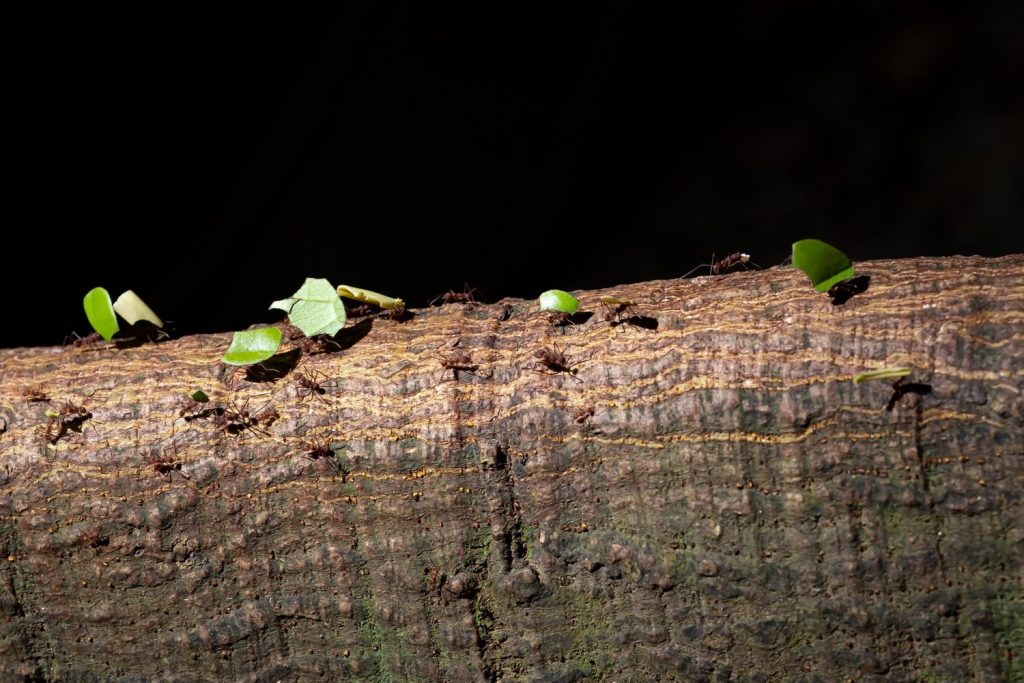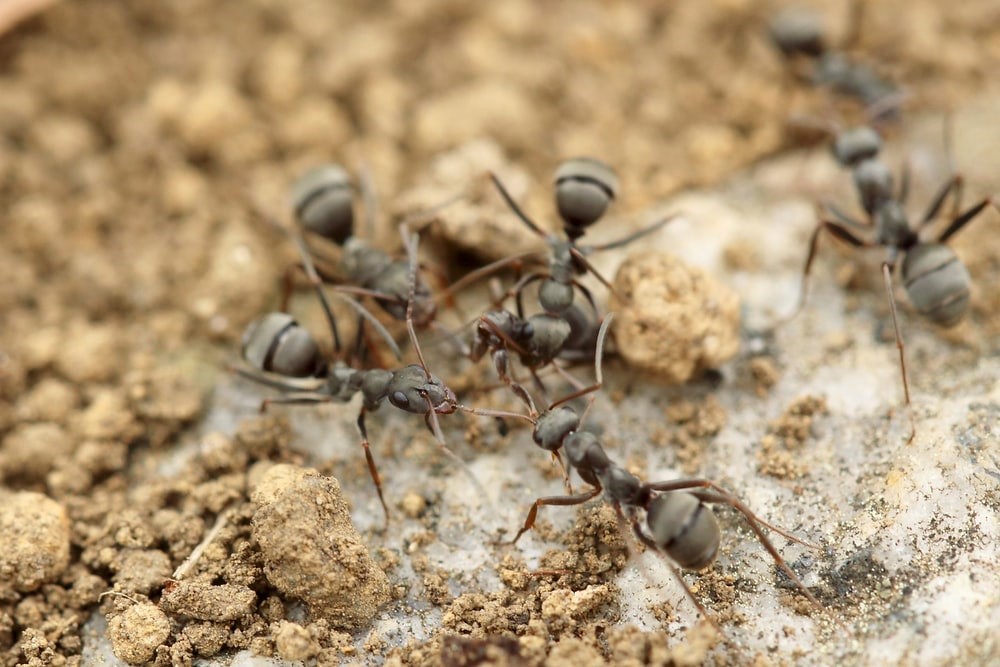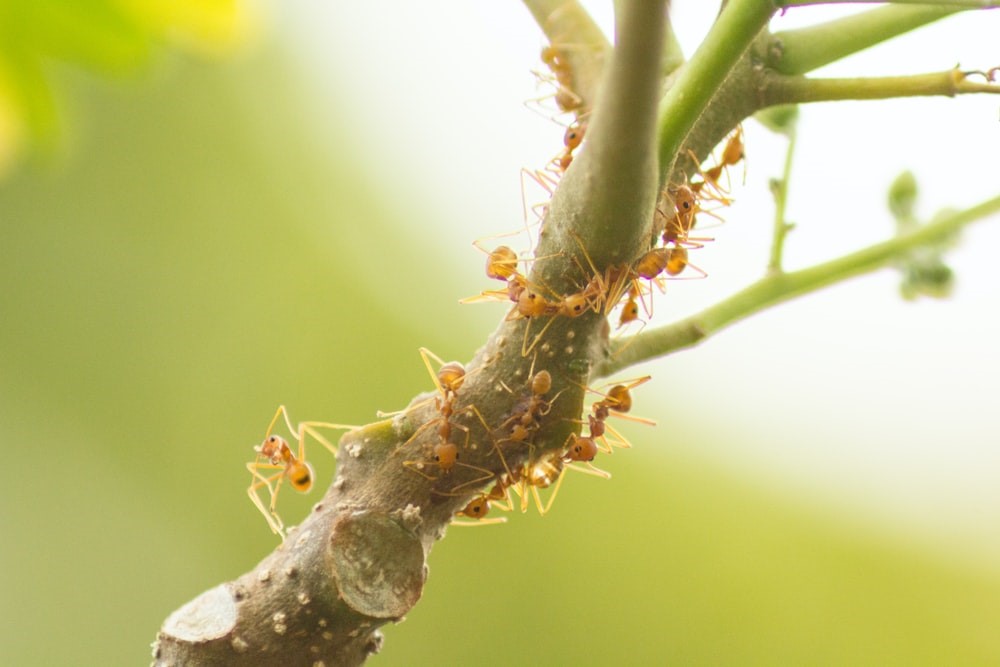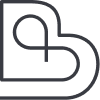7m
What ants can teach us about resilience
- Written by Karen Tobiasen
- August 15, 2020
- Mindset, Personal transformation
7m
“Resilience is all about being able to overcome the unexpected. Sustainability is about survival. The goal of resilience is to thrive.”
— Jamais Cascio, author and futurist

What comes to mind when you think about “ants”? Maybe you think of bites or those many legs scurrying around. But there’s so much more a colony of ants can teach us when we really take the time to “listen” and learn from them – especially on forming a resilient organization.
A clear example is when a group of ants goes searching for food: they set out on a path, and if faced with a block, an alternative route is quickly identified, and the entire group adjusts accordingly. The group will also return via the adjusted route on future missions, having learned not to run back into the same blocker. The shortest, most efficient route becomes the most frequented.
So, what can we learn from ants?
Resilience.
When faced with adversity, ants adapt. Instead of wasting energy trying to break through a blocker they might never be able to, they find a new path. Instead of seeing the blocker as defeat and retreating to the nest empty handed, they seek another way. Instead of each ant panicking and running their own way to try find something for themselves, they stay together and collectively find a solution. And together they learn – finding another way that provides more value, now and for the future.
Most of us are fortunate and don’t need to leave home every morning on a mission to find food – but we can still connect to our need for survival, of ourselves and our families. Companies too, as living, breathing organisms, want to survive (and thrive!), in performance and transformation.
In the recent decades, big shifts in society and technology have loomed in the emergent future. Yet, for many organizations, the pace of response has been relatively slow. Many haven’t fully grasped that change is the new constant, and our ability to adapt and learn to change is now part of our roles.
COVID-19 has changed that. This pandemic gives us little choice but to come face-to-face with change, adversity and the possibility our health is at risk – not just personally, but also the businesses we’re a part of face mortality if we continue as is. So how do we respond to this massive shift?
Fight, flight, or freeze? Or become resilient like an ant?
Observing ants’ behaviors and their ability to not just respond to change, but to learn and grow from it can inspire three lessons in resilience for us and our organizations.
Lesson 1: Guided by purpose
A clear and meaningful purpose – for both internal and external stakeholders – is a guiding star and stabilizer.

Ants are on a mission to find food and ensure the survival of its colony. All the ants on that journey know that they are empowered to make the decisions needed to succeed, and together they find the most effective way to meet that purpose.
As human beings, we all seek meaning. If we aren’t guided by one as a company, we risk that parts internally will pursue different directions for themselves and foster a silo mentality. When all parts do not align, the organization suffers from wasted human capacity.
Purpose also enables better decision making. It is a common guide that empowers decision making when swift and decisive action is needed for all in the organization – not reliant on just a select few. This allows less complex structures. Our challenges are complex enough – by taking complexity out of our internal processes, we give our company and people more flexibility – so we respond to changes faster.
And a purpose stabilizes – it’s a constant that we rely on even when the status quo of a lot of other factors around us change. It gives us mental and emotional resilience. Has your company anchored a clear purpose?
Lesson 2: Inviting all voices
Just like ants, we should aim to become as flexible and autonomous as possible in response to new tasks. When met with a blocker, everyone pitches in to find another way to get to the end goal rather than retreating to the queen for guidance or giving up empty handed.

Organizations can no longer afford dedicated units for every conceivable eventuality – there are simply too many unknowns about what will be needed in the future. Instead, provide flexibility where resources can be grouped and regrouped fluidly and autonomously where they create most value.
Flexibility also invites for diversity in thoughts, experiences, capacity, and perspectives. The best company decisions are founded in broad-based discussion and consideration of as many alternatives as possible. Innovation is found less on the top floor, and much more often on the shop floor.
Psychological safety – when people feel that they can bring their true self to work and represent that self in their opinions and ideas – is crucial for an owner’s mindset and entrepreneurial spirit to thrive. When we feel safe to challenge each other’s assumptions and resist becoming an echo chamber of opinions and approaches that may have served in the past but will not bring us forward into the future, innovation and perform grows building our business resilience and solve complex challenges. Have you unlocked the full potential of the diversity of your people through empowerment and flexibility?
Lesson 3: Learning from experience

When ants meet an obstacle, they don’t keep trying to cross it. They adjust and try a new path. And when they return next time – they go straight for the path that they know is effective. Even when a different group of ants come back, if they are from the same colony, they go the cleared way. Not only do the ants learn, they also share their learning with their colony.
Many of us may have experienced many changes throughout our work life, many transformations. And chances are that we have seen most of them fade or fail. Yet we continue to see the same approach again and again – where structures, processes, systems are changed and simplified, and people, mindset, and culture are an afterthought.
We have probably also done the same in our personal lives. For example, many of us will start off every new year by setting a big, ambitious resolution that demands tremendous effort. Most resolutions will be broken or forgotten within the first 6 weeks. But year after year, we repeat.
What if we were to try something new? Instead of trying to read 100 books in the new year, we just commit to reading 10 pages every day. Instead of launching a big new performance management system, we first ask our people what is holding them back? It’s not guaranteed that the new approach will work, but if not we can move on to the next experiment that gets us one step closer to the solution. This helps us maintain our organizational energy and capacity to stay resilient. Does your organization learn from challenges, and share the learnings?
Ready or not, the world around us will continue to move at an exponential pace and bring us face-to-face with challenges we never could have foreseen. What we learn as we go through COVID-19 is that it is the societies, organizations, people that have resilience that survives – and can even emerge stronger than before.
Resilience is not something epic, difficult, or only a gifted few are born with. Ants show us that resilience can be quite simple – connecting to a purpose, staying open-minded, and experimenting with new ways.
How will you take inspiration from a resilient ant in your life and work?
Save for later
What does ‘Resilience’ really mean?
Many definitions exist for the word ‘Resilience’ – across different fields of study.
Cambridge Dictionary defines resilience as “the ability to be happy, successful, etc. again after something difficult or bad has happened” and “the ability of a substance to return to its usual shape after being bent, stretched, or pressed.”
The American Psychological Association defines it as “the process of adapting well in the face of adversity, trauma, tragedy, threats or even significant sources of stress.”
Both give indication to a trigger – challenge, difficulty, trauma – and a positive response – returning to form, happy, adapting well.
This is a capacity that we can all have as individuals and is also a capacity that any system can possess – family, team, company, society, economy.
What we have seen amidst the global pandemic is that we are dependent not just on the resilience of ourselves, but also the resilience of systems around us – health care, government, company, colleagues.
And because of that, we all have a role to play in building the capacity for resilience within ourselves, as that also has impact for the resilience of those around us.
Enroll today
Transformational Capacity is how you stay resourceful, relevant and resilient when facing change. It puts your transformation at the centre of your business transformation.
Are you ready for the future?
